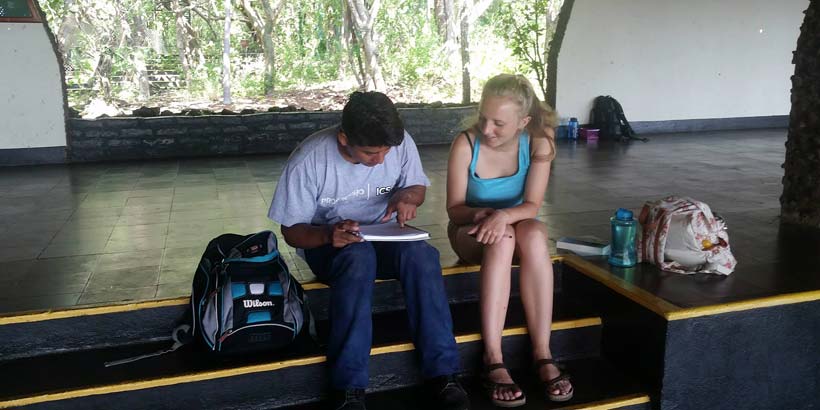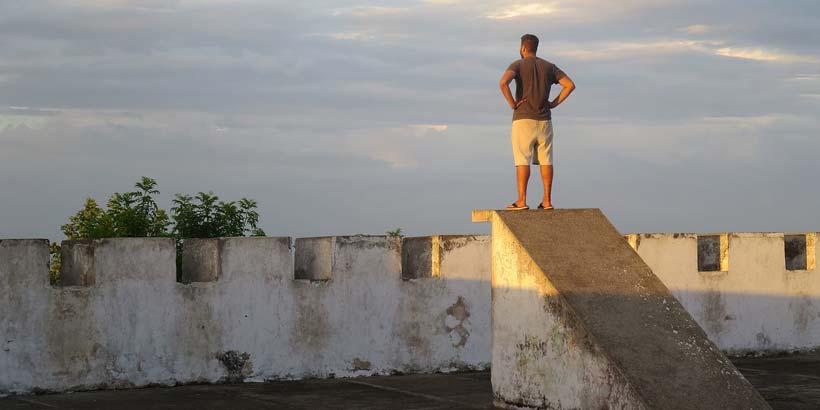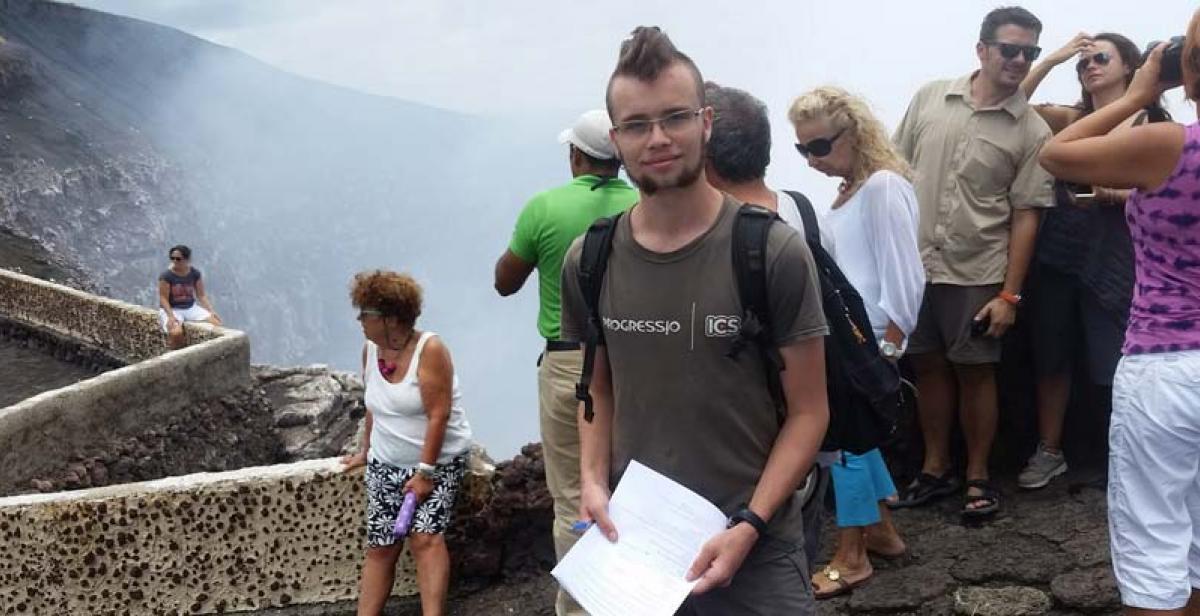This week, as we are now approaching the end of the cycle I would like to write about one of the key goals of Progressio ICS, personal development. The aim of ICS is not just to help developing countries, but also to mould volunteers into more knowledgeable, globally aware and responsible citizens. In my opinion the greatest personal development amongst the volunteers in terms of knowledge has come from their increased ability to use the Spanish language. This has come not only from practicing it religiously for seven weeks with the locals and the in country volunteers, but also from the six hours of Spanish lessons that every volunteer takes each week to improve their language skills. The difference has been pretty remarkable, especially amongst those who knew little to no Spanish pre-arrival, as they have gone from knowing almost nothing about the language to being able to effectively converse with the Spanish speaking members of our team, using different tenses and a hoard of vocabulary that we have developed through specific learning sessions, such as the one on tools and materials in Spanish.

Aside from the language, volunteers have learnt much about Nicaragua and its culture, as part of this goal last weekend the volunteers went on a day trip to Granada, a Spanish colonial town, to explore more of the culture by visiting the old churches and squares erected there. The volunteers have also visited El Coyotepe, a Nicaraguan fort that was used as a political prison and fortress in the civil wars; as well as Niqinohomo for a celebration of the local Saints’ Day involving lots of fireworks, a float and stick fighting. They will also visit León at the end of this week on a further cultural trip. So far, these have been incredibly informative as to Nicaraguan culture and history. When you combine these trips with our everyday observations of the local Nicaraguans, both in towns and less developed villages, volunteers can gain an excellent insight into how the country works as a whole, which in turn enables us to become the global citizens that can work at home to campaign for projects helping the country and other people in similar situations.

To complement the knowledge of the country and its language, we have also held learning sessions every week, the ones run by the national volunteers have often been on subjects such as traditional Nicaraguan dancing, but sessions have also been held on first aid, volcanology, activism and gender. I believe that these sessions have caused a real improvement in the volunteers’ knowledge of key issues surrounding development work and have enabled them to become more active participants in the process. As the aim is to produce global citizens who will not only do a good job in-country, but will also continue in their work at home. I believe these learning sessions, and the increased knowledge of Nicaraguan culture, will greatly help in achieving these goals.
To finish the blog off for this week, I would once again like to end with some quotes from the volunteers on their personal development over the last few weeks and how it has been achieved.
‘We have learnt to use everyone’s skills in the group and this has helped us to work as a team.’ - Kaye
'Learning Spanish has been really useful in developing our communication and teamwork skills with the other volunteers.’ - Connor
'The learning session on volcanology was interesting as it allowed us to understand all about the volcano we are working on.’ - Adam
Written by ICS volunteer Tom Nevett



